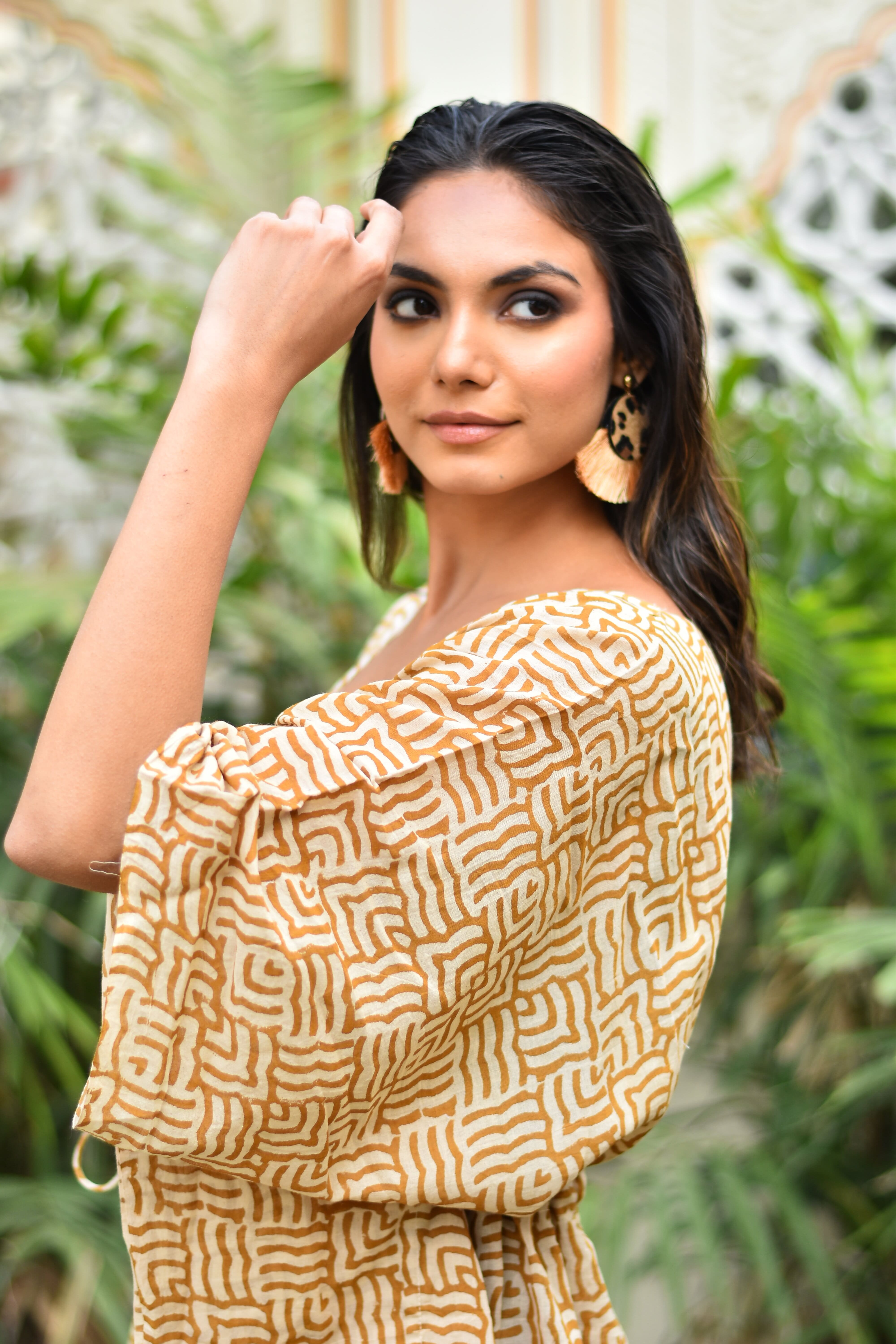Natural Fibres

Natural Fiber Clothing: A Journey through History, Sustainability, and Fabric Care
In a world increasingly focused on sustainability, natural fiber clothing has risen to prominence as an eco-friendly alternative to synthetic materials.
These textiles not only offer comfort but also boast a rich history and a more environmentally conscious footprint. In this blog, we'll explore the evolution, sustainability, and proper care of natural fiber clothing.
A Journey through History
Cotton:
Cotton, one of the most widely used natural fibers, has a history dating back thousands of years. Its breathability and softness made it a favorite in ancient civilizations. Today, organic cotton is a sustainable choice, as it's grown without harmful chemicals.
Linen:
Linen, derived from flax, has been used since ancient times. Its crisp, airy texture makes it ideal for summer wear. Linen production is environmentally friendly, as flax requires minimal water and pesticides.
Wool:
Wool, sourced from sheep, has a long and proud history in textiles. Its warmth and insulation properties have been cherished for centuries. Sustainable practices, like ethical shearing and responsible grazing, have improved wool's environmental impact.
Hemp:
Hemp is one of the oldest textile materials. Its growth requires fewer resources than cotton, and it's known for its durability. Hemp is emerging as a sustainable choice in modern fashion due to its minimal environmental impact.
Sustainability in Natural Fiber Clothing
Reduced Environmental Impact:
Natural fiber clothing is often biodegradable and can be recycled. These fibers decompose naturally, reducing the burden of waste in landfills.
Low Chemical Use:
Compared to synthetic materials, the cultivation of natural fibers like organic cotton, linen, and hemp requires fewer pesticides and synthetic fertilizers.
Energy Efficiency:
The production of natural fibers generally consumes less energy compared to the energy-intensive processes of creating synthetic fabrics.
Renewability:
Natural fibers, like cotton, flax, and hemp, are renewable resources. They can be harvested and replanted, making them sustainable for future generations.

Join the Movement
We invite you to be part of our sustainable fashion journey. Explore our collection of handmade garments, each one a testament to the artistry of Indian craftsmanship and the beauty of eco-friendly dyeing. Embrace fashion with a purpose, and wear your values proudly.
Proper Fabric Care
Caring for natural fiber clothing is essential to ensure longevity and maintain their eco-friendliness:
1. Washing:
- Use cold water when possible to conserve energy.
- Use a gentle cycle to reduce wear and tear.
- Opt for eco-friendly detergents to minimize chemical residues.
2. Drying:
- Air-drying is the most sustainable option.
- For cotton and linen, a low heat tumble dry will help prevent excessive wrinkling.
- Wool should be reshaped and air-dried to avoid shrinkage.
3. Ironing:
- Iron on the lowest heat setting to preserve the fabric.
- Use a pressing cloth to protect delicate fibers.
4. Stain Removal:
- Treat stains promptly with natural stain removers like vinegar or baking soda.
Conclusion
Natural fiber clothing embodies a sustainable and eco-conscious approach to fashion. As we delve into the history of these textiles and explore their minimal environmental footprint, it becomes clear that wearing natural fiber clothing is not just a fashion choice; it's a statement of commitment to a greener, more sustainable world.
By understanding and embracing proper fabric care practices, we can extend the lifespan of these garments and contribute to a more environmentally responsible fashion industry.
MaxxyJae style is not just clothing...
...it's a conscious choice. Choose sustainability, choose quality, choose handmade in India with cotton and eco dye. Together, we can make a difference—one garment at a time.